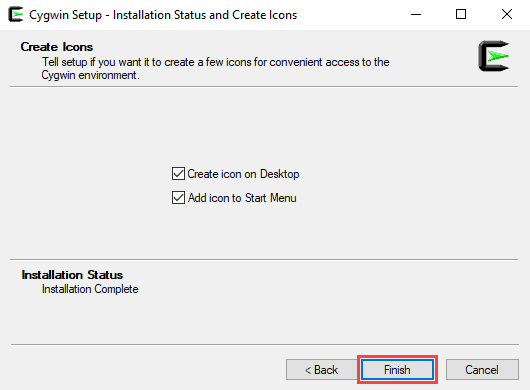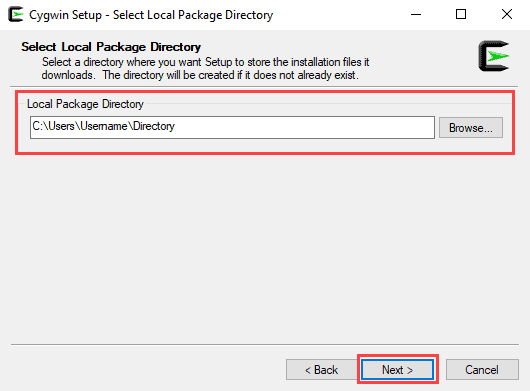
configure CC=clang CXX=clang++ FC=gfortran will configure Sage To force using specific compilers, set environment variables CC,ĬXX, and FC (for C, C++, and Fortran compilers, respectively) Therefore, if you plan on using your own GCC compilers, then make sure that This is work in progress at the moment (May 2019)). To build Sage using flang, with some extra efforts needed to set various flags (Flang (or other LLVM-basedįortran compilers) are not officially supported, however it is possible to If C and C++ compilers also come from there (i.e., gcc and g++), their versionsĪlternatively, one may use C and C++ compilers fromĬlang: a C language family frontend for LLVM,Ĭlang, clang++, along with a recent gfortran. Gfortran from GNU Compiler Collection (GCC). It is determinedĪutomatically whether Sage’s GCC package, or just its part containingįortran compiler gfortran needs to be installed. Sage installation also needs a Fortran compiler. Other versions of these may work, but they are untested. (This range of versions is a minimal requirement for internal purposes of the SageMathīuild system, which is referred to as sage-bootstrap-python.) Python: Python 3.4 or later, or Python 2.7. Tar: GNU tar version 1.17 or later, or BSD tar. M4: GNU m4 1.4.2 or later (non-GNU or older versions might also work).Īr and ranlib: can be obtained as part of GNU binutils.

The following standard command-line development tools must be installed on yourĪ C/C++ compiler: Since SageMath builds its own GCC if needed,Ī wide variety of C/C++ compilers is supported.įrom as old as version 4.8 (but we recommend at least 5.1) to the most recent release. With less (be sure to have some swap space in this case). It is recommended to have at least 2 GB of RAM, but you might get away Your computer comes with at least 6 GB of free disk space. SeeĪlso the System-specific requirements below. This section details the technical prerequisites needed on all platforms. Other installation options for Windows are using the Windows Subsystemįor Linux (WSL), or with the aid of a virtual machine. Note: if you are installing Sage for development, you should rather followįor some operating systems, rather than compiling from source. You can change absolutely any part of Sage or the programs on which it depends, Moreover, it offers you full development capabilities:

Will be optimized for your particular computer and should therefore offerīetter performance and compatibility than a binary install. It can take your computer a while to build Sage from the source code,Īlthough the procedure is fully automated and should need no humanīuilding Sage from the source code has the major advantage that your install

Painless, basically consisting in extracting the source tarball and typing If you do have all the pre-requisite tools, More familiarity with computers may be required to build Sage from


 0 kommentar(er)
0 kommentar(er)
